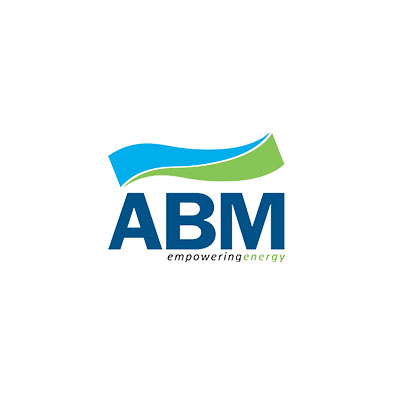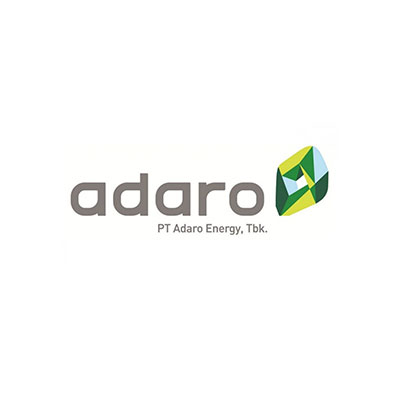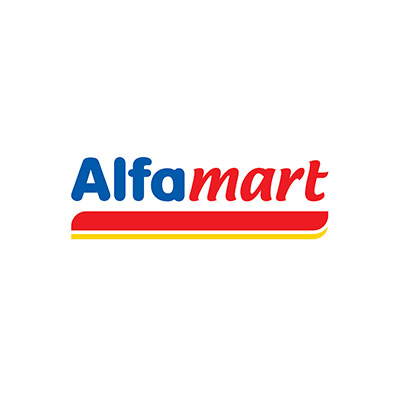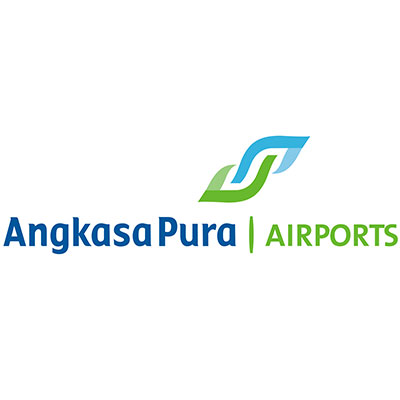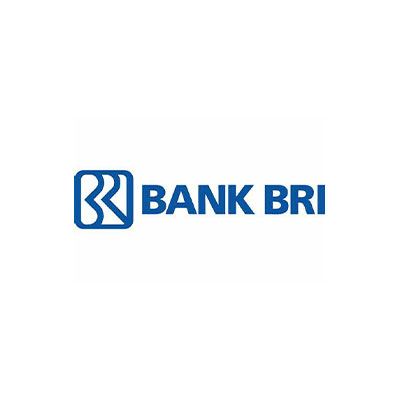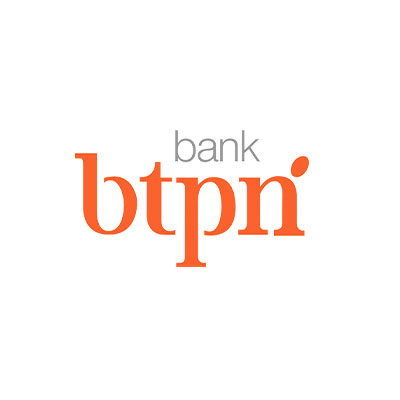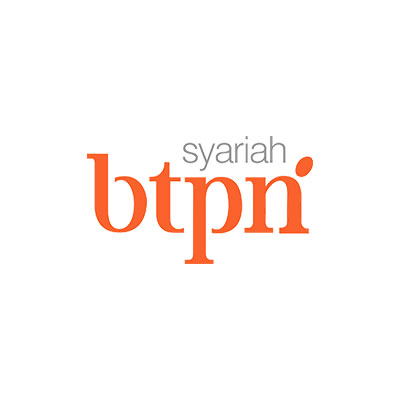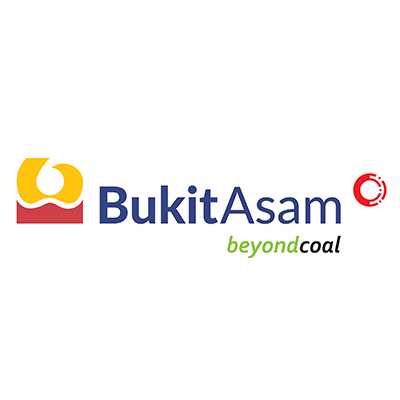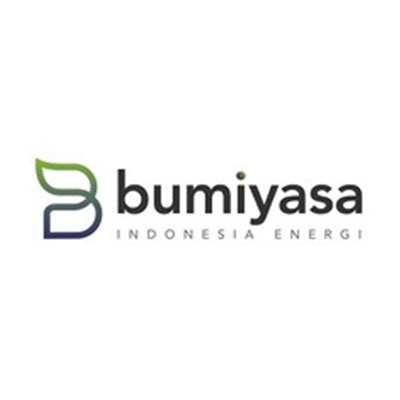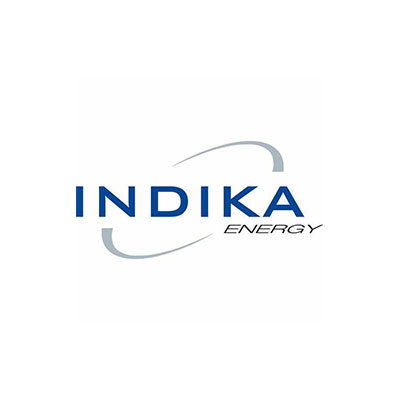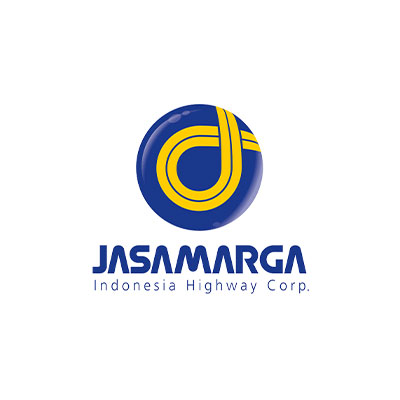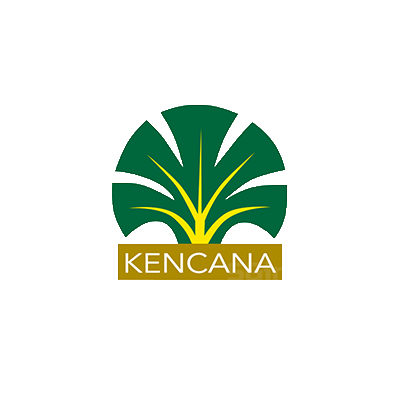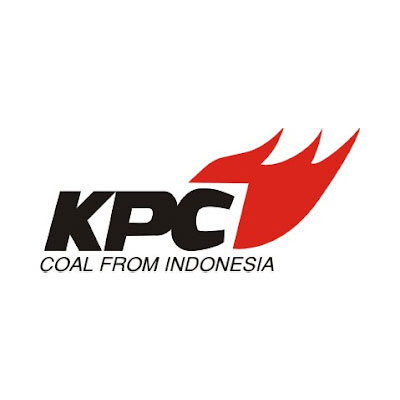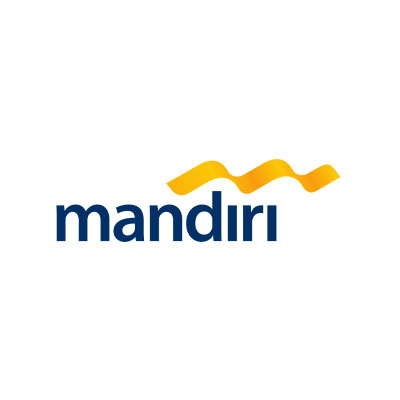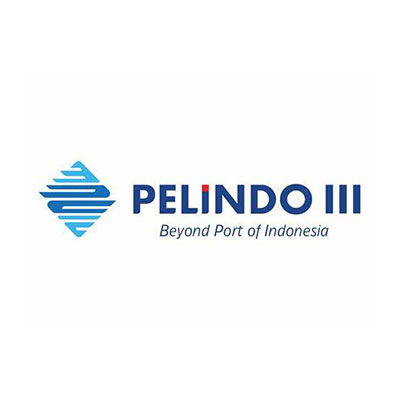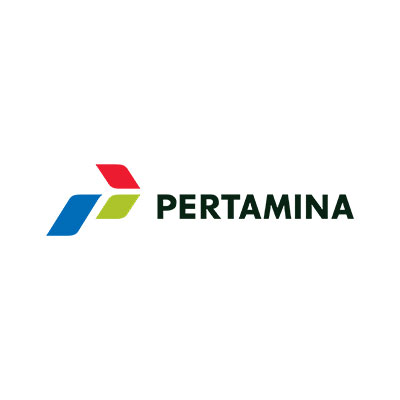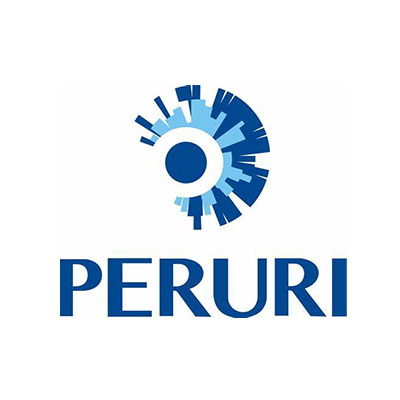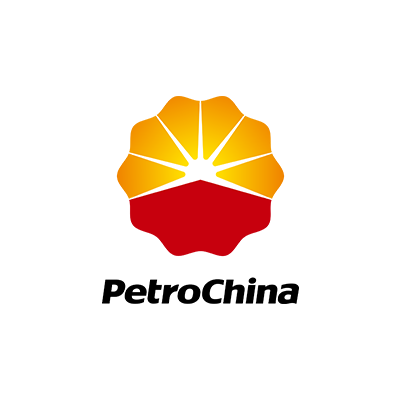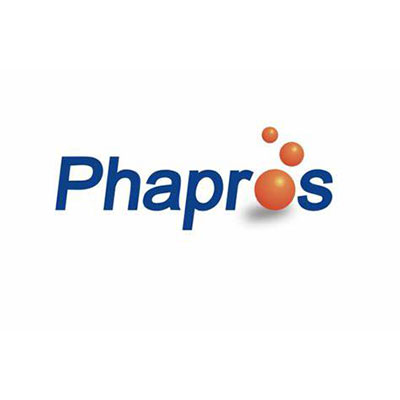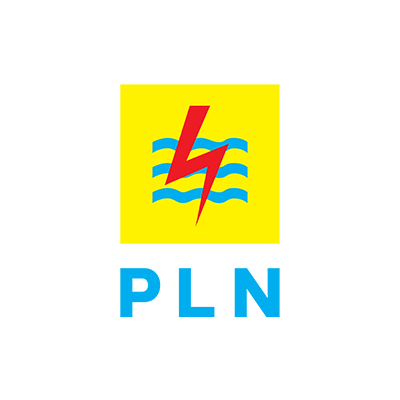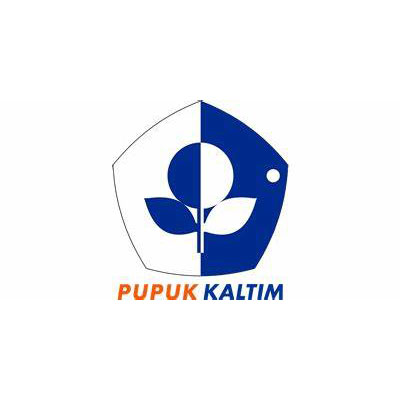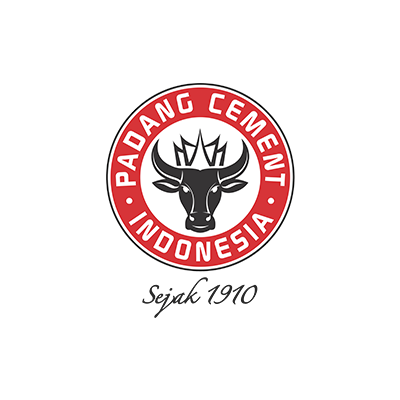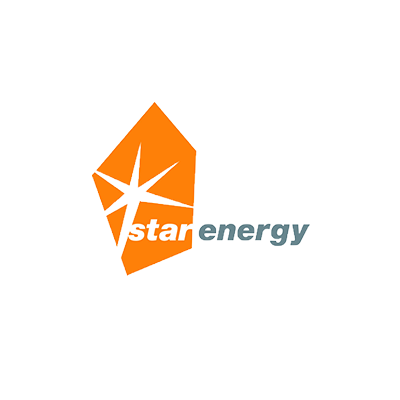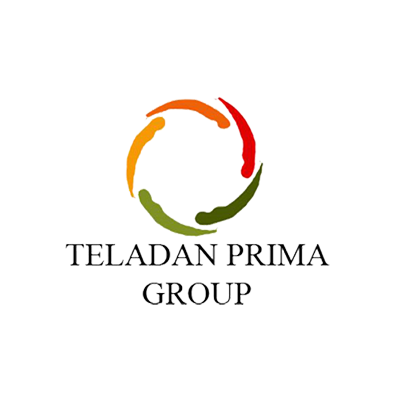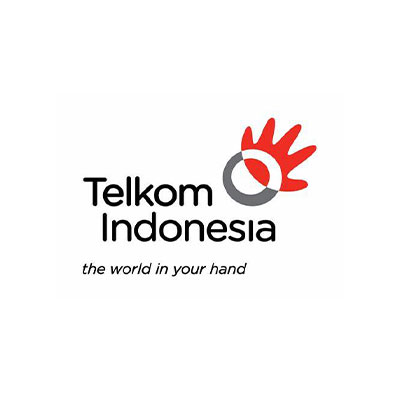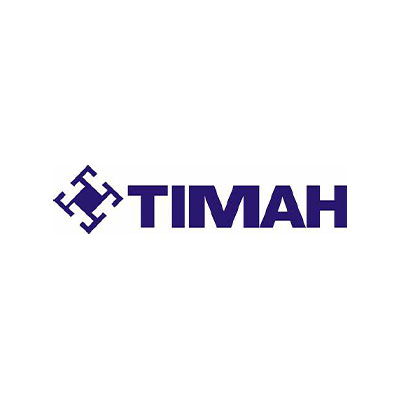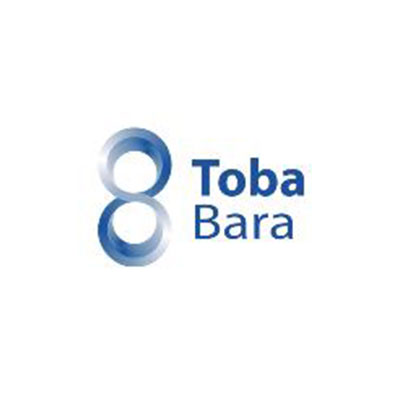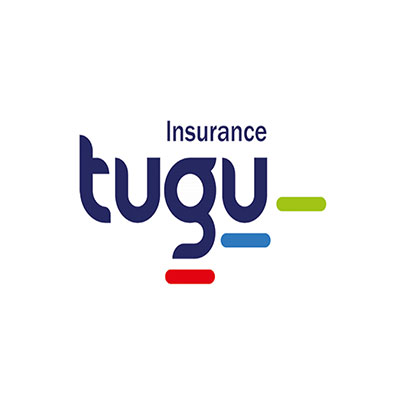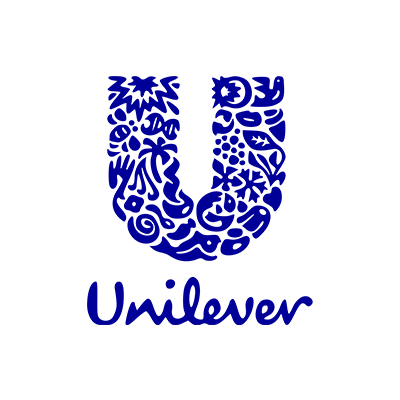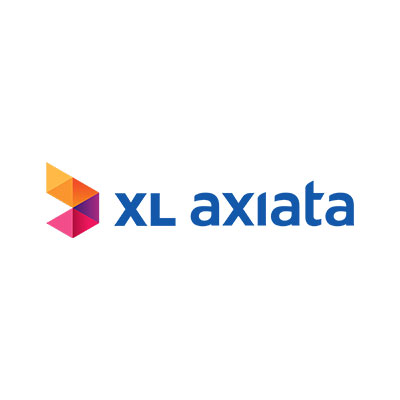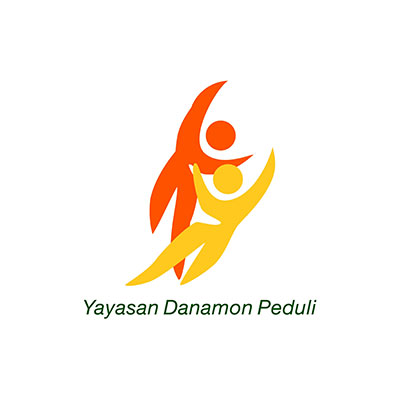The Standard Updates in Sustainability Reporting
A Sustainability Report is a report that contains information on the performance of a company/organization in managing sustainability impacts, especially in the economic, environmental, and social fields. Historically, sustainability reporting has long been developed at the global level, first introduced in 1997 by the Global Reporting Initiative (“GRI”).
GRI Standard (Global)
GRI is an independent international organization that develops sustainability reporting standards called GRI Standards. The GRI Standards introduced on June 8, 2017, and became effective on July 1, 2018.
The GRI Standards provide a globally relevant framework to support a standardized approach to reporting. These standards will encourage a level of transparency and consistency in the production of information so that the information provided can be useful and reliable.
The GRI Standards provide reporting principles, standardized disclosures, and application guidance in the preparation of sustainability reports. They provide a reference for all parties involved in disclosing an organization’s environmental, social, and economic governance and performance.[1]
The GRI Standards enable organizations large and small, private and public, to understand and report on their impacts on the economy, environment, and society comparably and credibly, increasing transparency about their contribution to sustainable development.
The standards are organized as a system of interrelated standards organized into three series, namely the GRI Universal Standards, GRI Topic Standards, and GRI Sector Standards.
Here are some important developments in the GRI standards:
- The GRI Standards were published as the first global framework for sustainability reporting;
- GRI Standards have been widely adopted on a global scale;
- There are no limitations on the scale of businesses and business sectors in terms of applying GRI metrics in sustainability reporting, allowing a wider scope for business entities and organizations to adopt the standards;
- GRI has built a network through GRI Certified Training Partners, which enables further understanding of GRI in a wider professional environment; and
- Formal certification schemes, such as Certified Sustainability Reporting Specialist (“CSRS”) and Certified Sustainability Reporting Assurer (“CSRA”) are issued based on an understanding of the GRI Standards.[2]
According to the Chairman of the National Center for Corporate Reporting (NCCR) Dr. Ali Darwin Ak., M.Sc., CSRA, it should be underlined from this standard that the use of GRI Standards is not mandatory or voluntary for companies / organizations that prepare sustainability reports.
“The guidelines for preparing sustainability reports are returned to the needs of each institution and regulator that applies in the country,” he said in an interview with HukumOnline.com on July 24, 2024.
In Indonesia, guidelines for the preparation of mandatory sustainability reports are issued by the Financial Services Authority (OJK). But basically, OJK also refers to the GRI Standard in preparing the guidelines.
“In Indonesia, the regulation for public companies, districts, financial services institutions, and private companies (in preparing sustainability reports) is the Financial Services Authority Circular Letter (SEOJK). Therefore, OJK has designed guidelines for the preparation of sustainability reports, which are derived from the GRI Standards. Likewise in other countries such as the Philippines, Singapore which makes regulators derivative of the GRI Standard and can also be from other standards, “continued Ali Darwin.[2]
OJK Regulation (Indonesia)
Indonesia understands the importance of sustainability reporting to achieve the Sustainable Development Goals (SDGs). This is demonstrated through OJK regulations that require all Financial Services Institutions (FSIs), Issuers, and Public Companies to produce sustainability reports.
The OJK Regulation is OJK Regulation Number 51/2017 regarding Sustainability Finance, and the Circular Letter issued by OJK, namely SEOJK Number 16/2021 regarding Technical Guidelines for Preparing Annual Reports and Sustainability Reports for Issuers and Public Companies.
“Until now, the standards are mandatory for companies under Financial Services Institutions, Banks, and issuers. All of them are mandatory to implement SEOJK Number 16/2021. But in practice, in sustainability reports generally not only SEOJK is displayed. In Indonesia, if you want to display a sustainability report, you must use the GRI Standard. One of the statements in the report reads ‘This report is prepared in accordance with GRI Standards, and also refers to SEOJK’,” Ali Darwin explained.[2]
Unlike the GRI standards, which are voluntary, POJK and SEOJK require the submission of sustainability reports. However, according to Ali Darwin, in Indonesia, it is very rare to find companies that only use standards from OJK in their reports. Usually, it is also compiled based on GRI Standards.
“By using these two standards (GRI and SEOJK) the issuer can show that the sustainability report has used international standards. Especially companies that have been listed abroad, companies that have investors from abroad,” he added.
OJK itself has also determined that the disclosure of sustainability reports in Indonesia is guided by the GRI Standard. In its regulations, it also mentions the objectives of implementing sustainable finance, namely to:
- Provide adequate sources of funding needed to achieve the SDGs and climate change-related funding;
- Improving the resilience and competitiveness of Financial Services Institutions, Issuers, and Public Companies through better management of social and environmental risks by developing financial products and/or services that apply the principles of Sustainable Finance to contribute positively to the stability of the financial system;
- Reducing social inequality,
- Reducing and preventing environmental damage,
- Maintaining biodiversity, and encouraging efficient use of energy and natural resources; and
- Developing financial products and/or services that apply the principles of Sustainable Finance.[3]
Even so, Ali Darwin mentioned that there are several challenges faced by Indonesia in implementing OJK regulations requiring the submission of sustainability reports.
- Many companies do not want to learn in making sustainability reports, resulting in a lack of competence.
- There is a need for a special work unit for sustainability because making sustainability reports is a routine activity. So far, the company does not consider it important, so it is delegated to other departments. Whereas the world of sustainability demands a special section, even this has also been requested by the OJK. OJK’s request to banks is that there must be one of the directors responsible for sustainable finance, which also includes sustainability reports. In Indonesia alone, very few companies implement this.[2]
SASB and IFRS (Global)
Another standard that is also used by some companies in preparing sustainability reports, especially in certain sectors, is the Sustainability Accounting Standards Board (SASB) Standard. This standard has been developed by the International Sustainability Standards Board (ISSB) of the International Financial Accounting Standard (IFRS) Foundation, since 2021.
Precisely in November 2021, the IFRS Foundation announced its plans to consolidate with the Value Reporting Foundation (VRF) and the Climate Disclosure Standards Board (CDSB). Then officially in August 2021, the VRF consolidated with the IFRS Foundation and became part of the International Sustainability Standards Board (ISSB). The International Sustainability Standards Board (ISSB) builds on and consolidates reporting initiatives including the SASB Standards, Task Force for Climate-related Financial Disclosure (TCFD) Recommendations, Integrated Reporting Framework, and Climate Disclosure Standards Board (CDSB) Framework.
ISSB is committed to maintaining, enhancing, and developing the SASB Standards so that they can continue to be used by sustainability report preparers and investors. The SASB Standards help companies to disclose relevant sustainability information to investors. The standard is diversified and available to 77 industries divided into 11 sectors. The 11 sectors are consumer goods, extractive and mineral processing, finance, food and beverage, health, infrastructure, renewable resources and alternative energy, resource transformation, services, technology and communications, and transportation.
Unlike the GRI standard, the SASB standard identifies sustainability-related risks and opportunities that may affect an entity’s cash flows, access to finance, and cost of capital in the short, medium, or long term as well as disclosure topics most likely to benefit investors.[3]
Ali Darwin said that the existence of the SASB standard was the forerunner to the birth of a new standard in sustainability reporting, the International Financial Accounting Standard (IFRS) Standards: IFRS S1 and IFRS S2.
“Later, because of the push from the Paris Agreement for companies to report Greenhouse Gas (GHG) emissions, an initiative called the Task Force on Climate-Related Financial Disclosures (TCFD) also emerged. Eventually, this TCFD also became a standard called IFRS S1 and S2. These IFRS were originally specialized for financial reporting standards, but now open a new desk again for sustainability reporting. The standard issued by IFRS has an S code behind it. The meaning of “S” itself is Sustainability,” Ali Darwin explained.[2]




